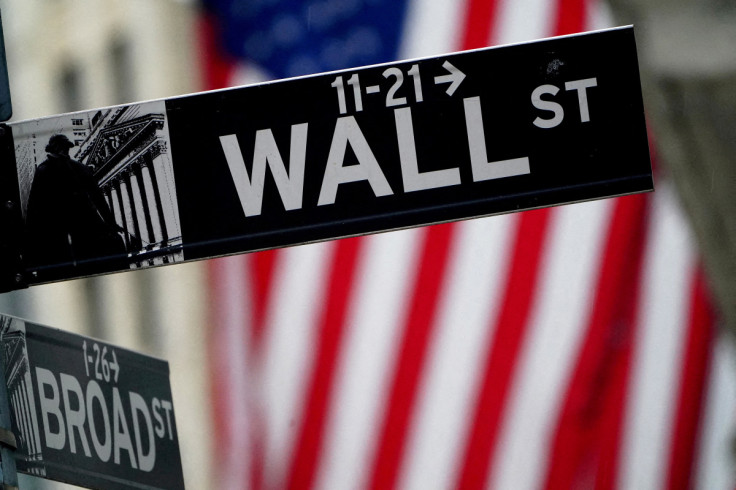Stocks, Oil, Sell Off, On Recession Fears
U.S. stocks and oil sold off on Wall Street on Tuesday on recession fears.
The sell-off was steady and broad throughout the day, with all sectors suffering heavy losses except the utility sector.
At the closing, the S&P 500 was down 1.44%, the Dow Jones down 1.03%, and the tech-heavy Nasdaq down 2%.
Crude oil dropped 3.30%, dragging down the energy sector, while a decline in U.S Treasury bond yields and a steady dollar failed to provide a cushion.
Traders and investors were spooked by hard-landing and recession talks by corporate CEOs from Walmart, JPMorgan, General Motors, Walmart, United, and Union Pacific.
Some CEOs see a recession as the result of interest rate hikes and a necessary evil to fight inflation.
"We've got some customers who are more budget conscious that have been under inflation pressure now for months," McMillon was quoted saying in CNBC. "Should the Fed do what it needs to do, even if it is a much harder landing than we'd like? I think inflation needs to be dealt with."
Others, like JPMorgan CEO Jamie Dimon, see the recession as the result of the inflation pressures on consumer budgets and geopolitical events, such as the Russian-Ukraine war and the growing tensions between the U.S. and China.
Then there's a wave of lay-off announcements, with the most recent one coming from PepsiCo, cutting hundreds of jobs in the headquarters of its North America snacks and beverages businesses. They helped create the sense that the recession is already here.
The performance of the major equity indexes thus far this week is yet another reversal of the many seen in recent months, fueling confusion as to whether U.S equities are in a bull or a bear market.
Ryan Belanger, founder and managing principal of Claro Advisors, a Boston-based wealth management firm with $700 million in assets under management, attributes Wall Street's recent reversal to a change in investor perception about the economy and the Fed. They have realized that the labor market's strength is the biggest hurdle to a Fed pause or pivot. "The market's recent weakness suggests investors are repricing November's optimism, fueled by hopes that the Fed would be willing to pause its rate hikes," he told International Business Times in an email. "The economy is still hot enough to warrant additional rate hikes, and that's not good for stocks in the near term."
Still, Scott Sheridan, CEO of trading platform tastyworks, sees the market pricing an expected range of somewhere between 3810 on the downside and 4200 at the high end for the S&P 500--roughly a 6% range from where we are currently.
Nigel Green of deVere Group advises investors not to try to time market cycles. Instead, he recommends taking "a more cautious approach by investing in a full range of assets that will rise at different points in the economic cycle."
Belanger reminds investors that the stock market has real competition, with bond yields rising. Thus, he's advising those who still have money to work in the stock market to look for solid businesses with profits, as cash flows matter now more than ever in the current environment. In addition, they should take advantage of the rise in bond yields and lock in these higher rates for the long term. "Investors must stay patient with their technology stocks, which are particularly susceptible to the Fed's efforts to slow the economy and inflation," he added.

© Copyright IBTimes 2024. All rights reserved.












